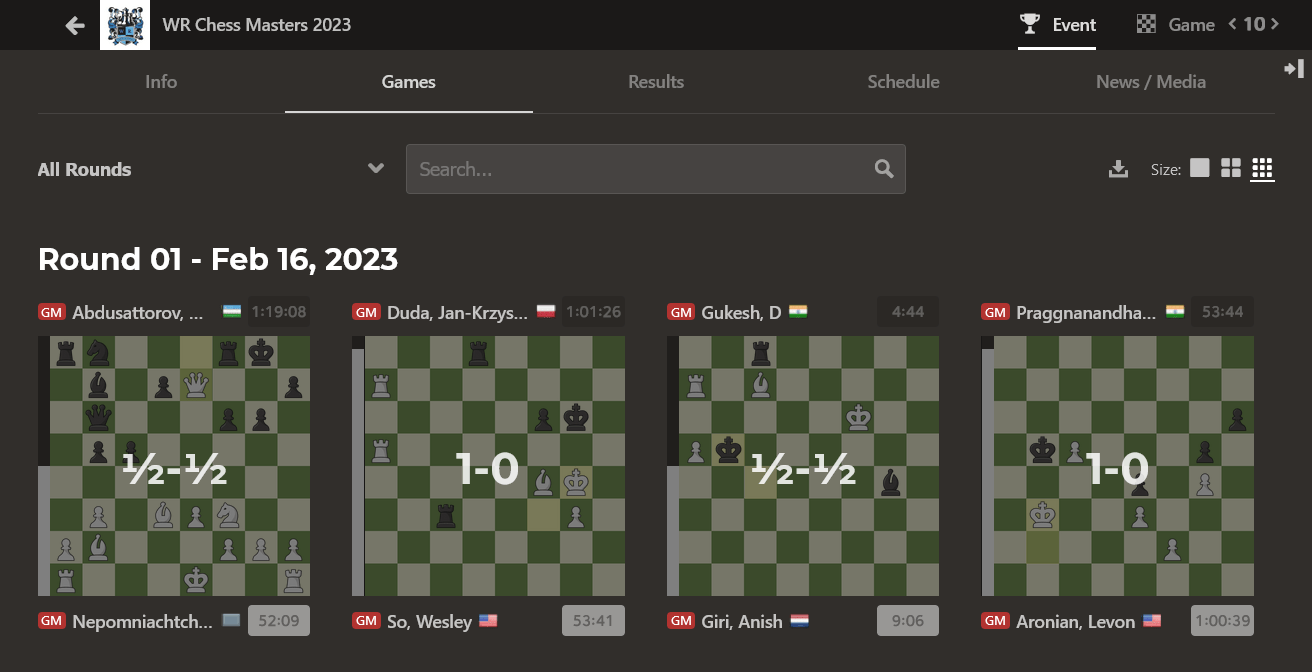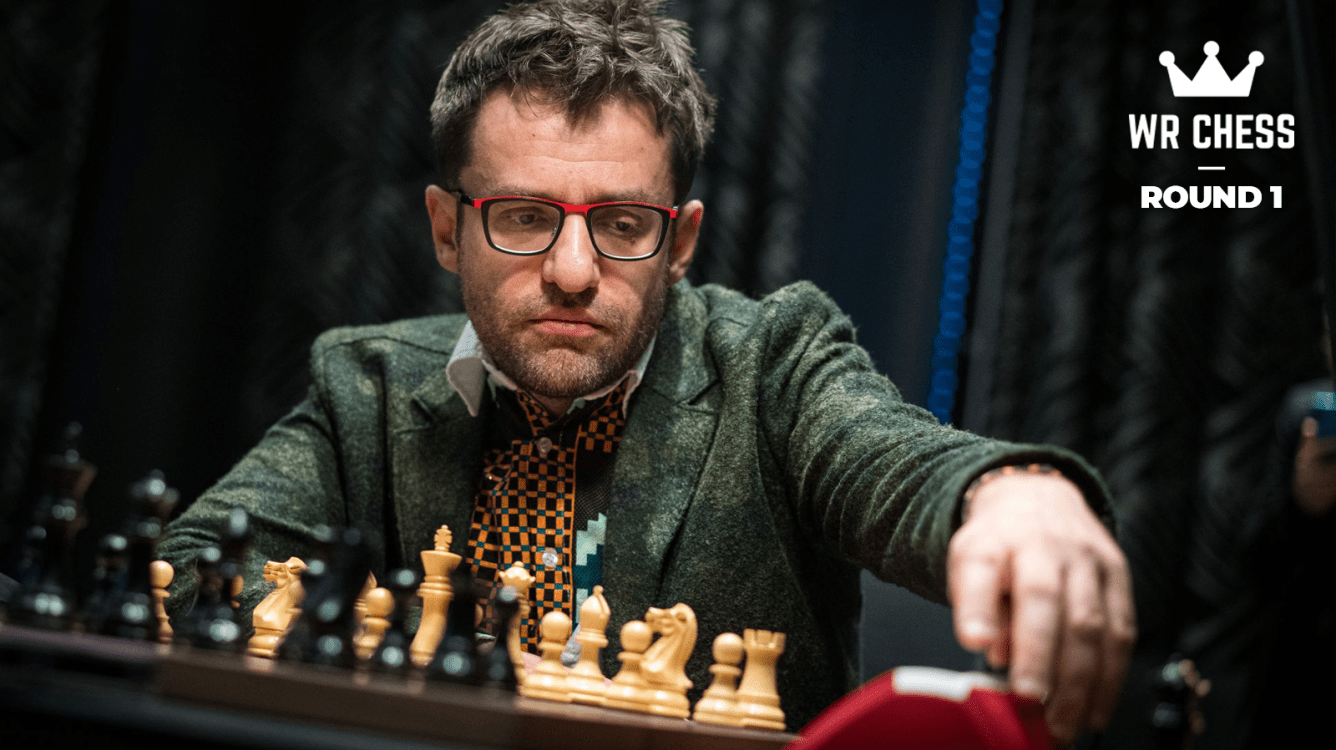
Tactics, Traps, Tricks at WR Masters
The first round of the inaugural WR Chess Masters 2023 in Duesseldorf, Germany, started with a bang, when American GMs Wesley So and Levon Aronian both picked up wins in the first game. They were accompanied by Russian GM Andrey Esipenko who took the long way home, using just over 100 moves to grind out his win.
This, of course, means that the three winners share first place after round one.
See what happened:
The games of the WR Chess Masters 2023 can be found here.
Unlike the recently concluded super-tournament in Wijk aan Zee in the Netherlands, this new super-tournament, held in Dusseldorf, Germany, came as a complete surprise to your humble reporter.
The tournament is an interesting mix of the veteran Aronian; semi-veteran GMs Ian Nepomniachtchi, So, Anish Giri, and for good measure Jan-Krzysztof Duda; teenage but extremely accomplished GMs Nodirbek Abdusattorov, Esipenko, Dommaraju Gukesh, Praggnanandhaa Rameshbabu; and finally the local GM Vincent Keymer. An incredibly strong field.
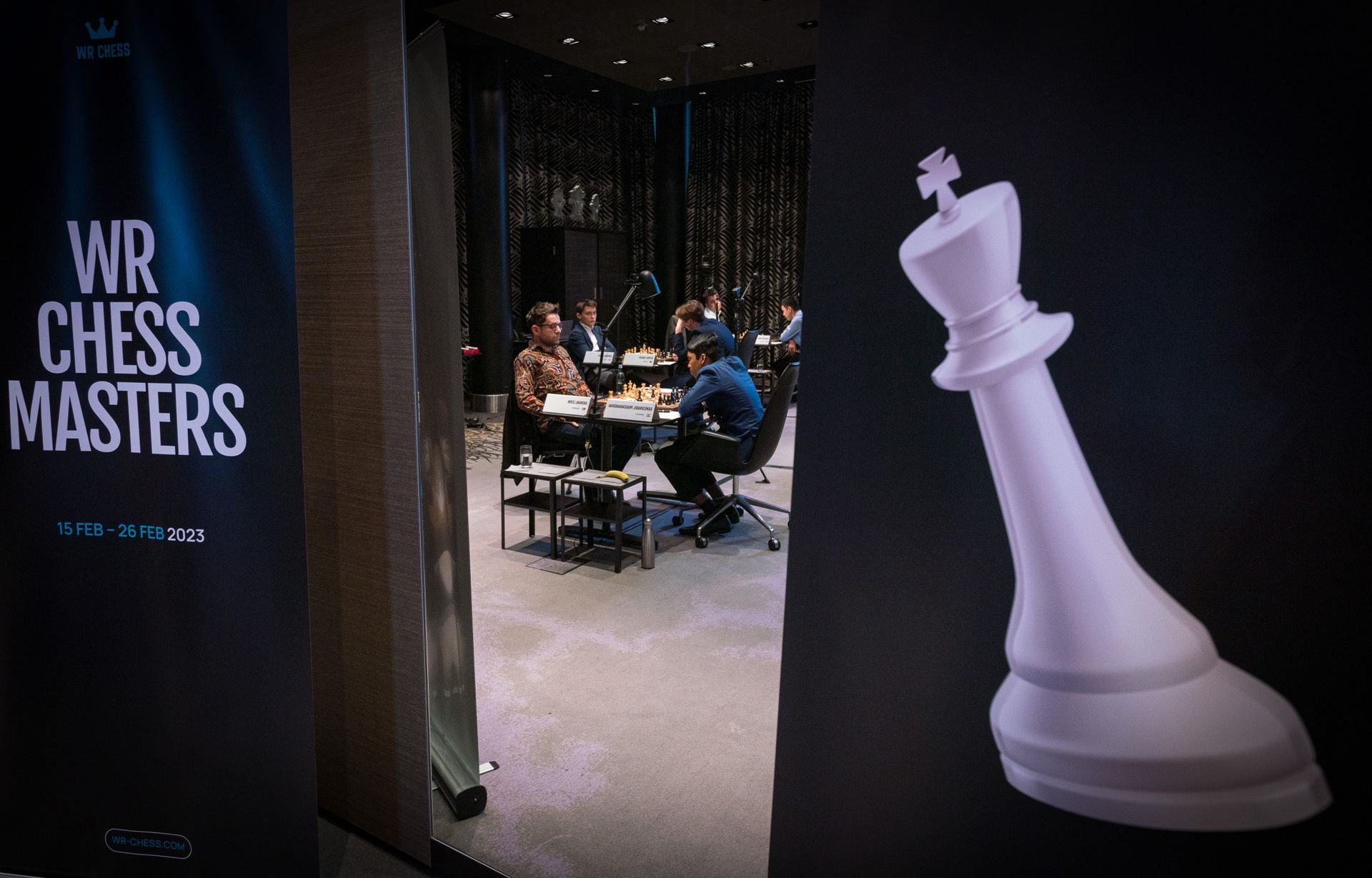
By rating, winner of the FIDE Candidates tournament Nepomniachtchi and Wijk winner Giri are the favorites, but as commentator GM Yasser Seirawan pointed out, if the event is relatively low-scoring, So is also an excellent candidate for the overall win. Similarly, who knows when one of the young players is ready to take the next step forward and claim their place in the sun by winning a super-tournament?
Indeed, Abdusattorov nearly accomplished this in Wijk but stumbled at the last possible moment. For the organizers, it would be the perfect outcome if Germany's number-one player, the 18-year-old Keymer, would use this event as his stepping stone toward the staircase of the chess version of Mount Olympus.
The first game to finish was between Nepomniachtchi and Abdusattorov, which tried a fighting line in the Benko Gambit. Still, it seemed like the world championship contestant was fully satisfied with a quick draw.
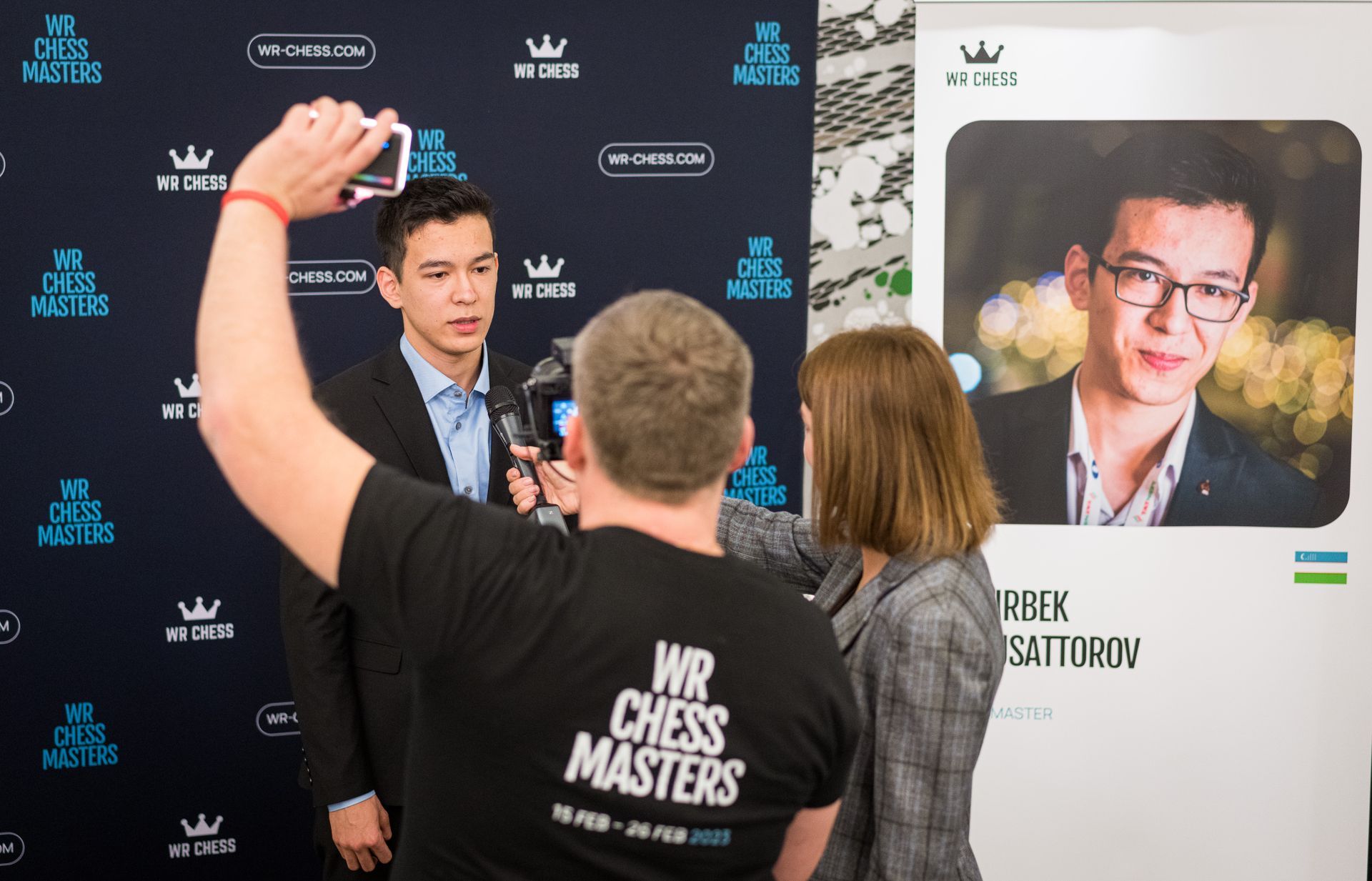
The Polish number-one, Duda, fell into an opening trap that is one of the very first opening traps this author became familiar with. This is not because we have a tradition in Denmark for scholastic players, studying long lines in the Catalan Opening, but instead because it was covered in a Danish book about the 1978 Chess Olympiad in Buenos Aires, where the Danish team, consisting of mostly semi-professional international masters, finished in a sensational seventh place. However, an even more shocking turn of events is the fact that the Hungarian team won the event ahead of the Soviet team. At that point, the Soviets had won every Olympiad they had entered since 1952.
This long story takes us back to Thursday's game, where Duda played into a trap that has been seen in several previous master games, including two from that 1978 Olympiad, where the Hungarian board-one, GM Lajos Portisch, beat GM Ivan Radulov. Then in a later round, GM Zoltan Ribli had the pleasure of springing the exact same trap on Yugoslav GM Ljubomir Ljubojevic.
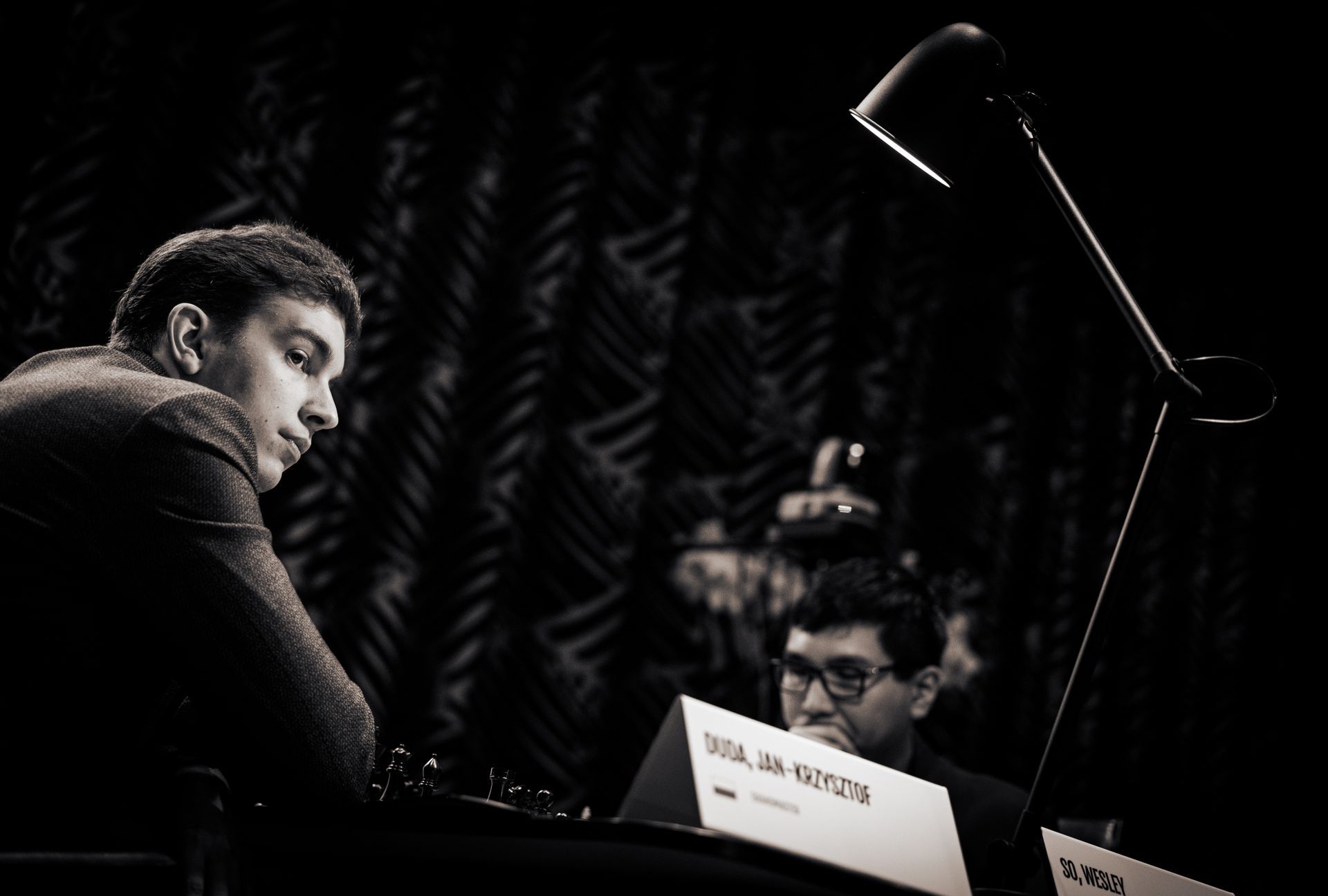
The American GM converted convincingly against Duda's increasingly desperate resistance.
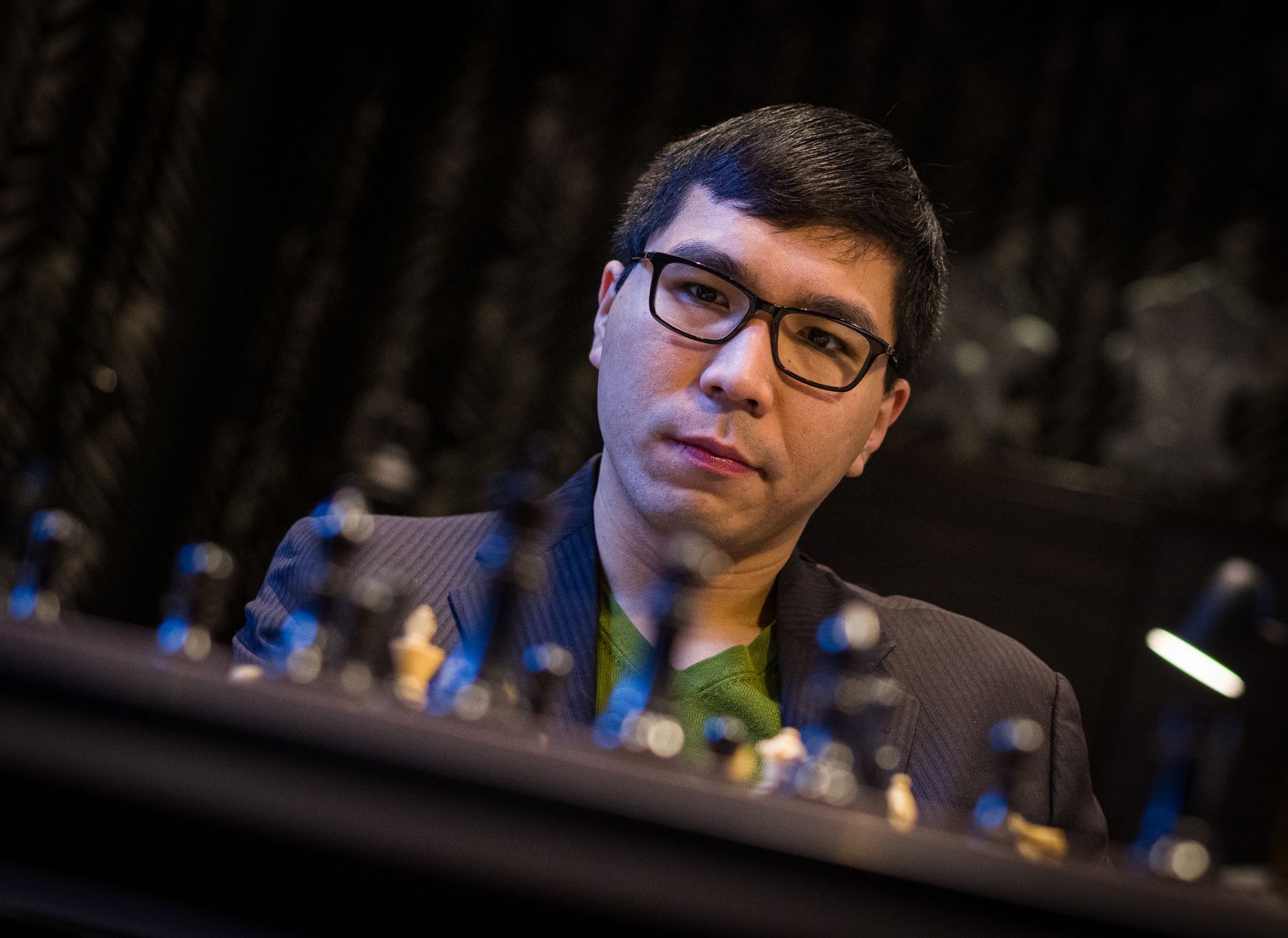
Esipenko had already been part of Russia's hopes for the future for a while when he sprang into the limelight at Wijk aan Zee in 2021 by defeating World Champion Magnus Carlsen. He continued by delivering on this promise for future greatness by steadily increasing his rating to a peak of 2723 last year in March. However, since then, he has uncharacteristically, for such a promising young player, slid down the rating list, dropping nearly 50 points despite not yet turning 20, something that he will do in March.
In his game against hometown hero Keymer, the players explored a topical line of the Catalan Opening, where White sacrificed two pawns for a massive lead in development. The engines slightly favor White's chances, but in practical play, it has usually been Black pulling the longest straw.
With his 14th move, Keymer seemed to go wrong and ran into a nasty-looking punch in 16.Nec4! that made the commentator team of GM Elisabeth Paethz and Seirawan, as well as, I'm sure, countless of the spectators at home in front of their computer screens, giddy with excitement.
However, Esipenko's follow-up was less consistent, and in the middlegame, Keymer had several opportunities to even the chances. But, eventually, the players ended up in a complex endgame where White had a rook and two pawns for two knights. White should be much better, but converting it into a full point is another story.
Whether it was Keymer's creative, relentless defense or Esipenko's technique falling short, White's advantage shrunk steadily. By move 60, it was beginning to look like Keymer would manage to save the earlier lost position, something that would undoubtedly have felt good after letting several winning positions slip in relatively simple endgames in Wijk a few weeks ago.
But the Russian wasn't done, and despite Keymer apparently having erected a fortress of some sort in a rook and two pawns vs. two knights endgame, Esipenko kept shuffling his pieces around, hoping for Keymer to crack.
That happened on move 88, when Keymer had to determine that sending one of the knights to either b8 or b4, far away from the action on the kingside, would be the way to save the game. Instead, he moved the other knight, allowing White's e-pawn to e6, and suddenly the fortress was there no more.
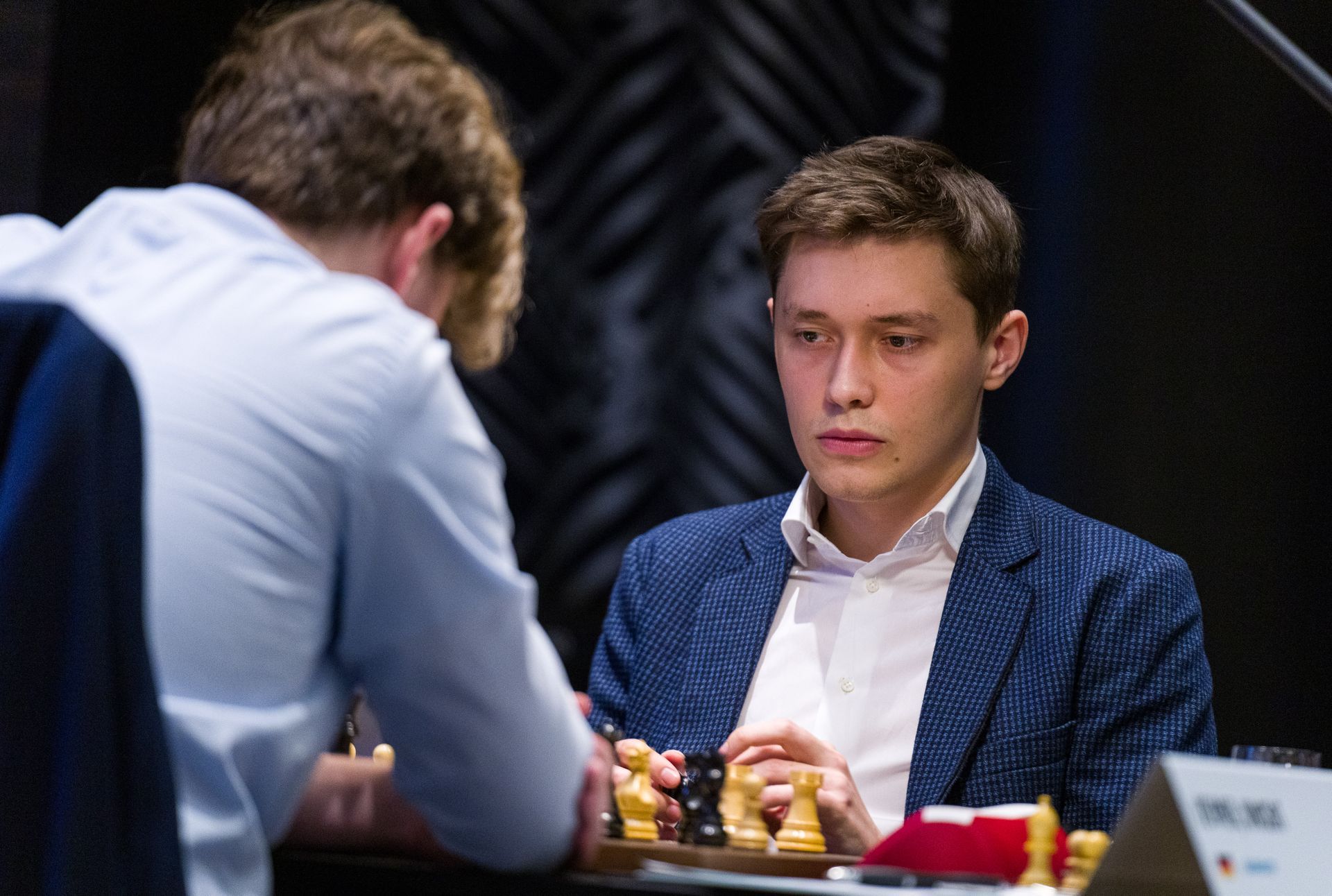
This is our Game of the Day, annotated by GM Rafael Leitao.
This is a magnificent fight in the three phases of the chess game. A fashionable opening that involves a pawn sacrifice. A chaotic middlegame with many possibilities for attack and defense. And, as is becoming traditional in GM Keymer games, a long endgame that is difficult to understand even with the tablebase showing us exactly what the best moves are.
The second half of 2022 did not bring much joy for Aronian; several bad events cost a bunch of rating points, sending him from 2785 (after American Cup) down 50 points and out of the world top 10 for the first time since 2019.
His performance in Wijk showed more stability, and as the clear veteran of the event, he undoubtedly felt ready to demonstrate to all that he hadn't entirely forgotten how to play chess.
His opening choice against Praggnanandhaa is the 2.g3 version of the English Opening. Soon play started going in ways that we old-timer English players would never have considered some 20 to 30 years ago.
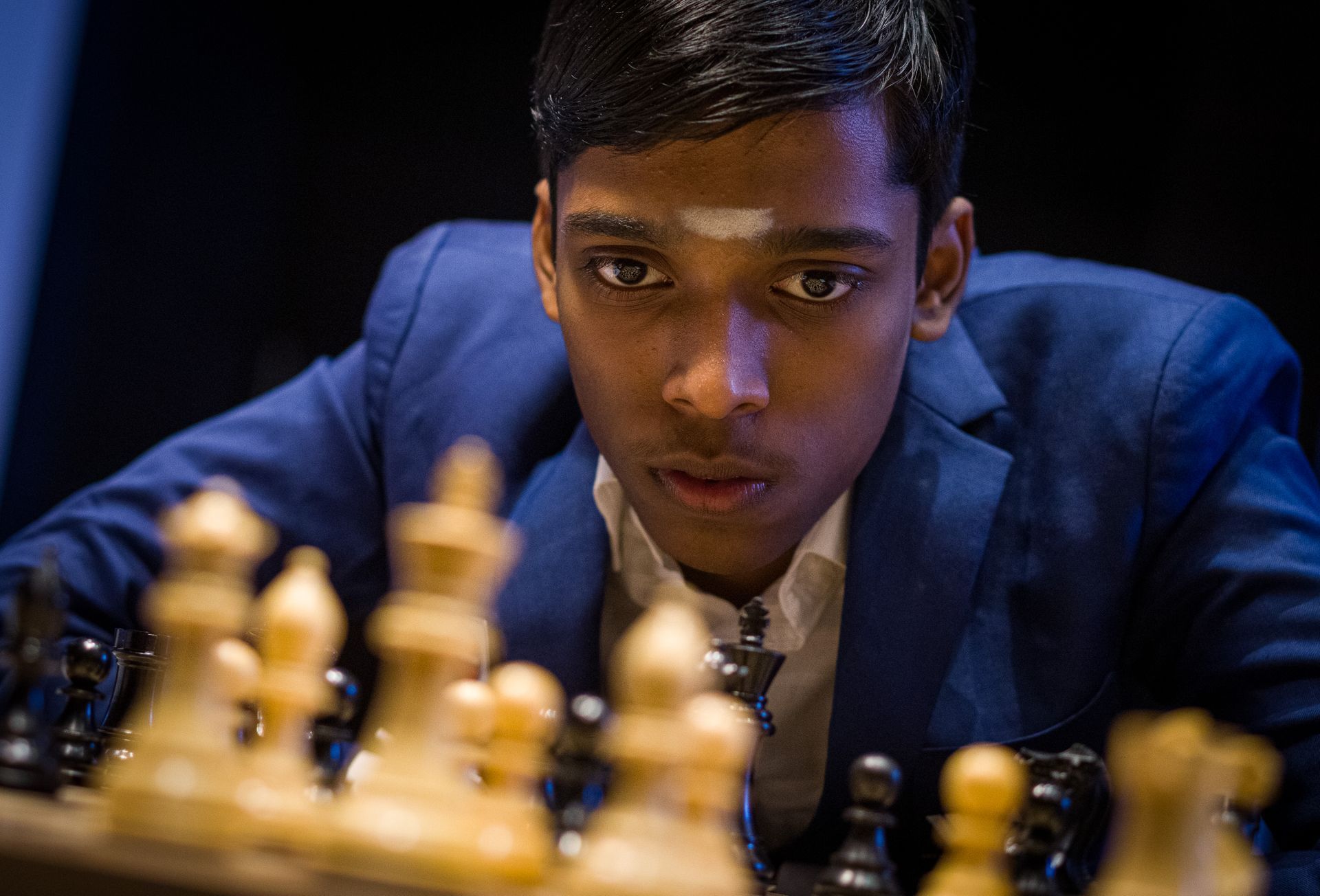
Although Praggnanandhaa had chances to get a good position, he erred with his 16...0-0-0?, which Aronian suspected was a simple oversight on Black's part as it promptly led to a prospectless endgame, where only White had chances to win, and those chances were rather significant.
Somehow, Aronian's usually steady hand didn't find a straightforward way to convert the apparent advantage, and Black had some chances of possibly saving himself. However, a couple of additional mistakes by the young Indian, and the game was soon decided in favor of the veteran.
Last but not least, we had a rematch of the most stunning game from Wijk aan Zee. For those not familiar with the game where the ultimate Wijk winner, Giri, sacrificed his way through Gukesh's feeble defensive barriers, you must slap yourself across the face for missing such a game and need to check out the report from that round.
With those things taken care of, let's proceed with the round-one game. Gukesh once more opted for a Nimzo/Ragozin setup as Black, but Giri this time went for a Saemisch type of play.
Gukesh, however, wanted Giri out of his book and prepared lines and went for 6...c6, a line he hadn't played before, and then followed up with the dubious 8...e5?!.
At first glance, it didn't look like White had much, but the presence of opposite-colored bishops along with an initiative for White meant that Giri unhurriedly could apply pressure on Black's position.
While the 16-year-old Indian defended valiantly, it was clear that he was in trouble. This seemed to wane a bit when the queens came off, a decision that commentator Seirawan criticized, but from my analysis, it appears that Giri's instincts were correct, only that his follow-up was as precise as needed.
Once the immediate opportunities to gain a significant advantage disappeared, the Indian found his groove and skillfully steered the game to a convincing draw despite Giri trying his best to find a way forward.

All Games - Round 1
The WR Chess Masters 2023 takes place February 15-26, 2023, at the Hyatt Regency Dusseldorf in Germany. The format is a round-robin with 10 players. The time control is 120 minutes for the first 40 moves followed by 60 minutes for the next 20 moves and 15 minutes for the rest of the game plus a 30-second increment per move starting with move 61. The prize fund is 130,000 Euros.
